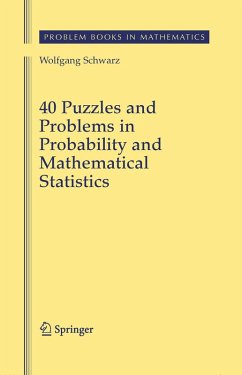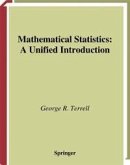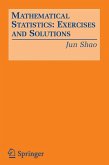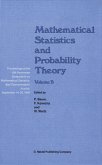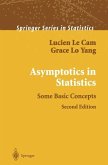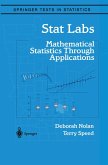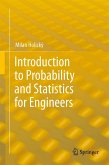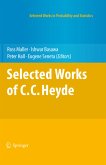The word puzzles in the title refers to questions in which some qualitative, non-technical insight is most important. Ideally, puzzles can teach a productive new way of framing or representing a given situation. Although the border between the two is not always clearly defined, problems tend to require a more systematic application of formal tools, and to stress more technical aspects. Thus, a major aim of the present collection is to bridge the gap between introductory texts and rigorous state-of-the-art books.
Anyone with a basic knowledge of probability, calculus and statistics will benefit from this book; however, many of the problems collected require little more than elementary probability and straight logical reasoning. To assist anyone using this book for self-study, the author has included very detailed step-for-step solutions of all problems and also short hints which point the reader in the appropriate direction.
Dieser Download kann aus rechtlichen Gründen nur mit Rechnungsadresse in A, B, BG, CY, CZ, D, DK, EW, E, FIN, F, GR, HR, H, IRL, I, LT, L, LR, M, NL, PL, P, R, S, SLO, SK ausgeliefert werden.

